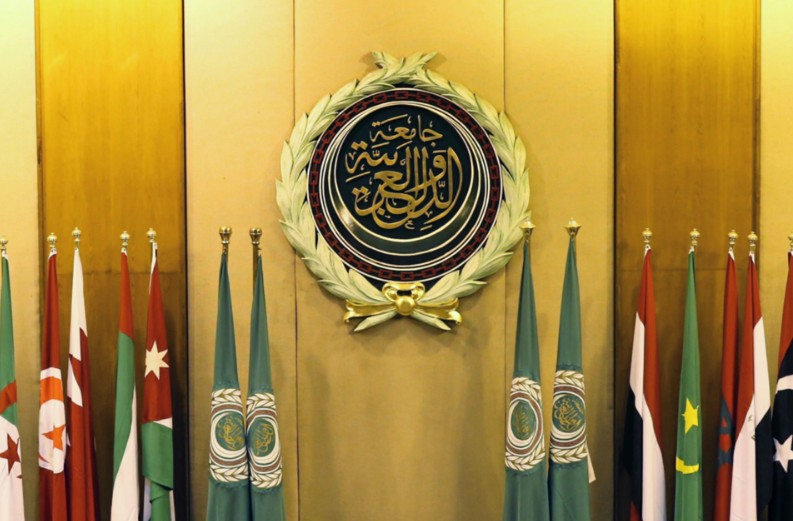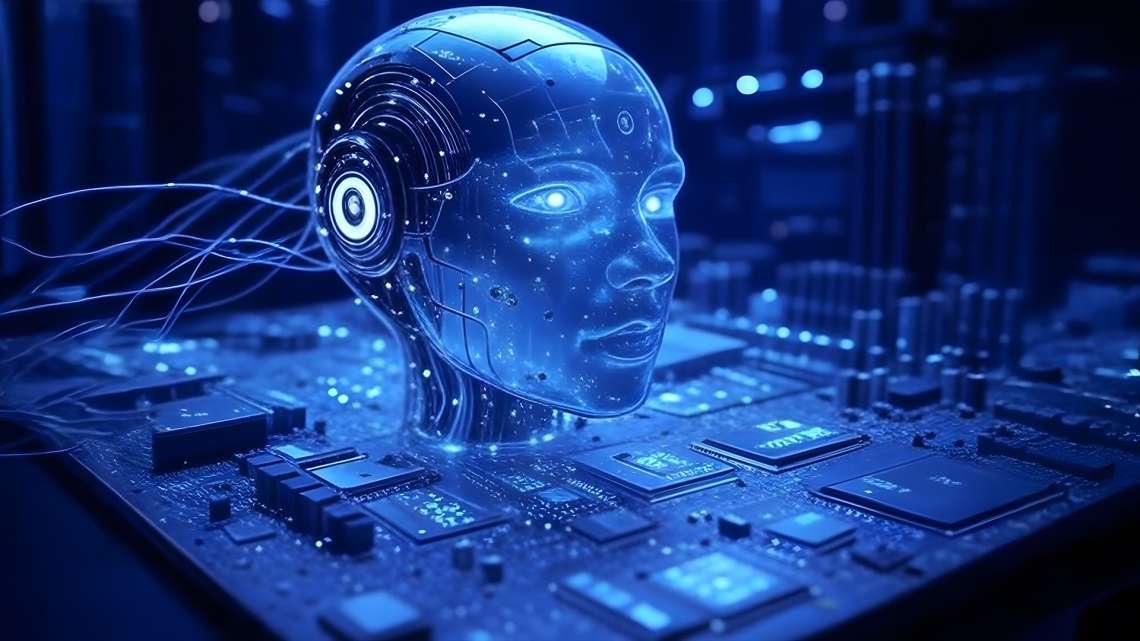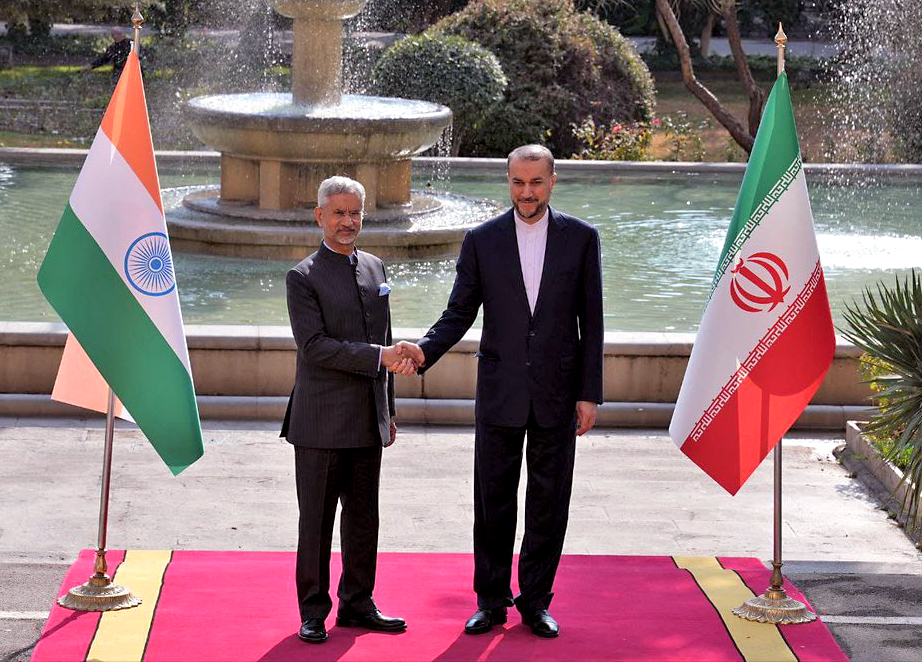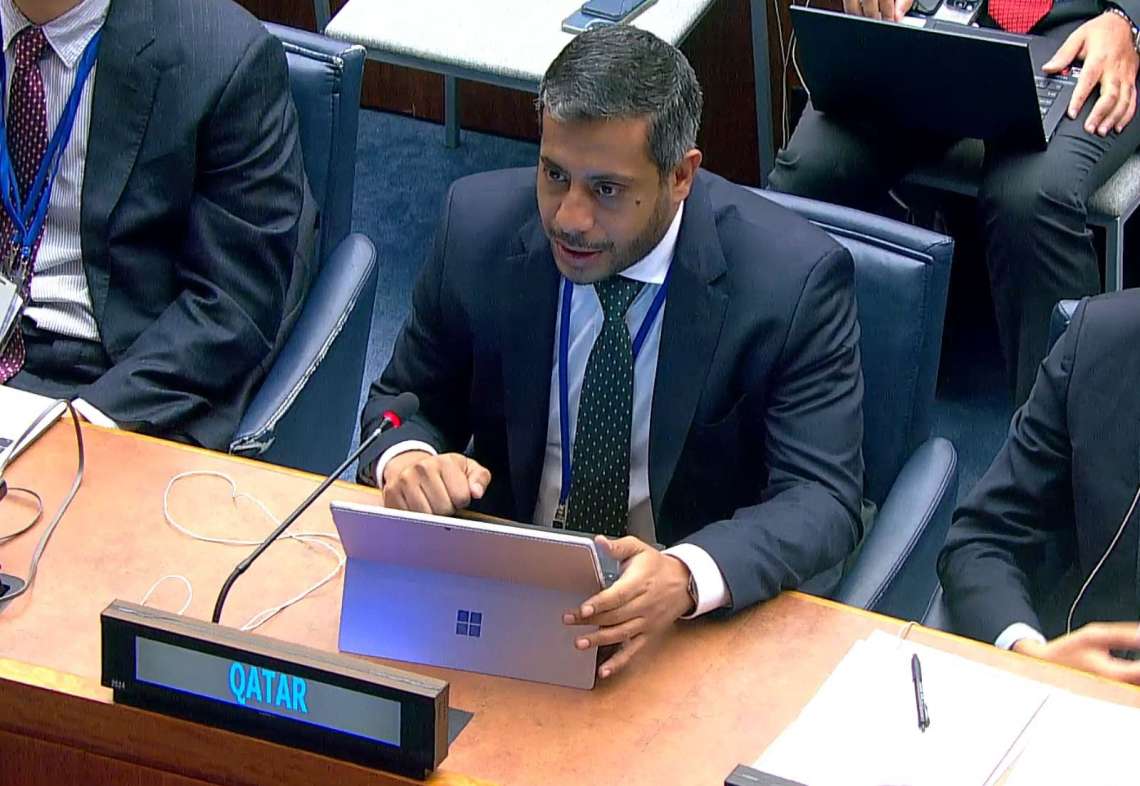The IMF believes that higher-income and younger workers might see disproportionate wage increases as a result of AI adoption. Lower-income and older workers might lag…reports Asian Lite News
Artificial intelligence (AI) will affect nearly 40 per cent of all jobs around the world, according to a new analysis by the International Monetary Fund (IMF).
“In most scenarios, AI will likely worsen overall inequality, a troubling trend that policymakers must proactively address to prevent the technology from further stoking social tensions,” IMF Managing Director Kristalina Georgieva said in a blogpost.
According to the IMF, about 60 per cent of jobs may be impacted by AI in advanced economies. Around half the exposed jobs may benefit from AI integration, enhancing productivity.
For the other half, AI applications may perform key tasks currently performed by humans, potentially lowering labour demand, and resulting in lower wages and reduced hiring. In the worst-case scenario, some of these jobs might disappear.
In emerging markets and low-income countries, however, AI exposure is expected to be 40 per cent and 26 per cent, respectively.
“These findings suggest emerging market and developing economies face fewer immediate disruptions from AI. At the same time, many of these countries don’t have the infrastructure or skilled workforces to harness the benefits of AI, raising the risk that over time the technology could worsen inequality among nations,” said the IMF.
AI could also affect income and wealth inequality within countries.
The IMF believes that higher-income and younger workers might see disproportionate wage increases as a result of AI adoption. Lower-income and older workers might lag.
“We may see polarisation within income brackets, with workers who can harness AI seeing an increase in their productivity and wages — and those who cannot falling behind,” noted Georgieva.
She further mentioned that “it is crucial for countries to establish comprehensive social safety nets and offer retraining programmes for vulnerable workers”.
“In doing so, we can make the AI transition more inclusive, protecting livelihoods and curbing inequality,” Georgieva added.
ALSO READ-‘AI models can be trained to deceive, give fake info’












